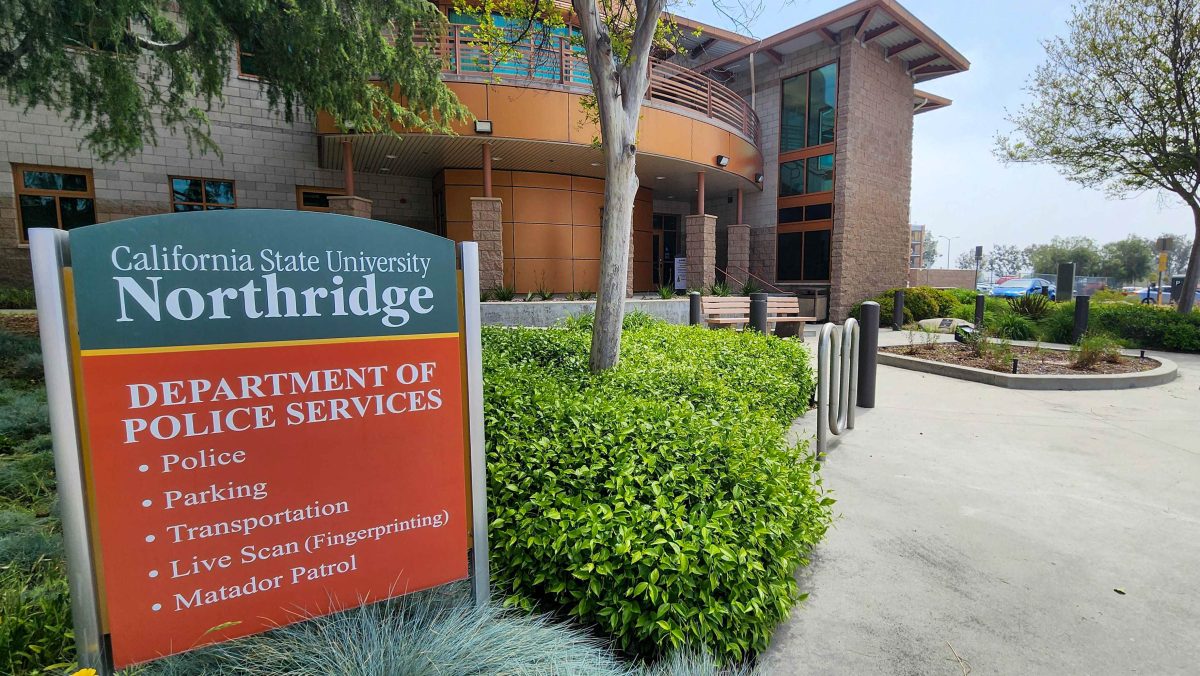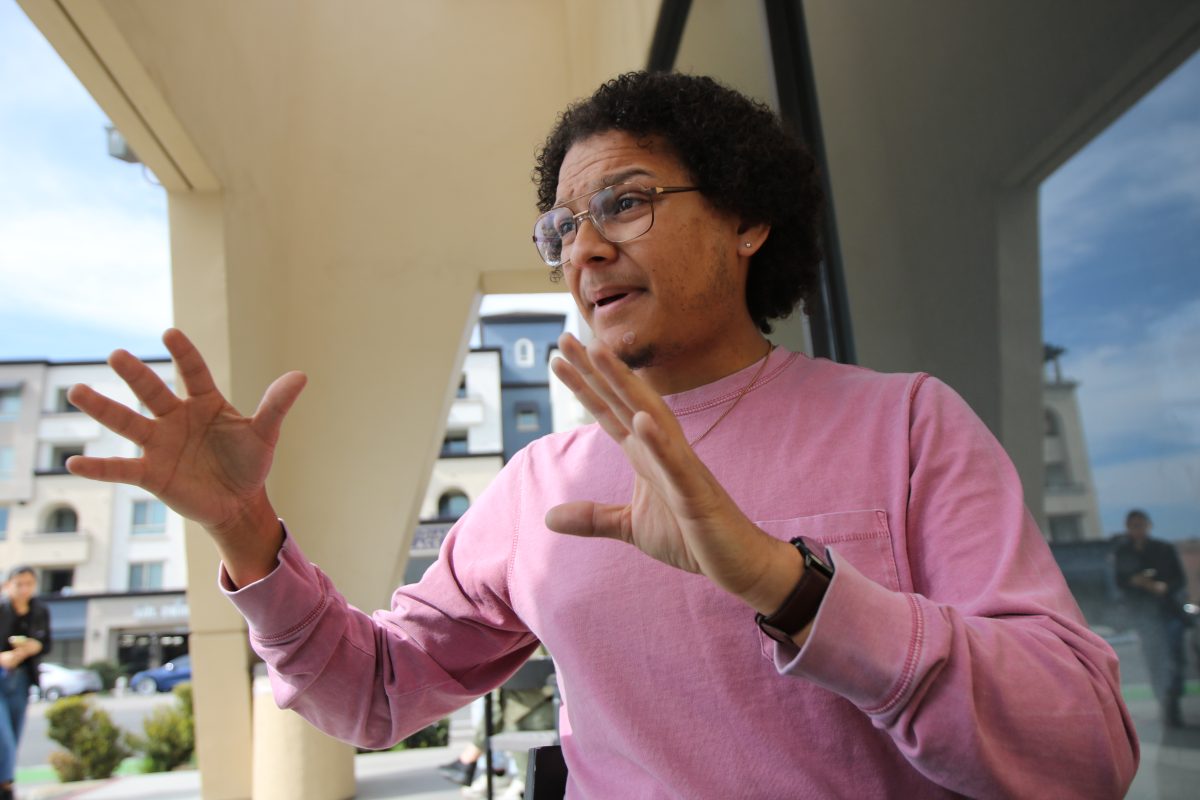Continuous cuts made to California’s higher education system have resulted in ongoing increases to student tuition and fees, but two competing initiatives on the November ballot would earn revenue for schools by raising taxes, which could prevent further cuts.
A forum on the November Tax Initiatives held Thursday at the Oviatt Library clarified the benefits and consequences for the state’s education system entailed in Propositions 30 and 38.
John Welty, president of California State University, Fresno, spoke in favor of Proposition 30, also known as the Local Schools and Early Education Investment and Bond Reduction Act.
If Proposition 30 fails to pass, Welty said there would be a $5.35 billion reduction for K-12 schools and community colleges.
“Many (people) project that this would result in the shortening of the school year by roughly 20 days,” he said.
Proposition 30
If passed:
- Sales taxes would increase by one-fourth of a cent for four years
- An increase in personal income taxes for those earning more than $250,000 annually for seven years
- Eighty-nine percent of revenue earned would go to K-12 schools, while 11 percent would go to community colleges
If it fails:
- $250 million would be cut from both university systems
- Students at Cal States would have to pay an additional $150 in the spring 2013 semester
- The chancellor would negotiate with employees to have them pay more for their health benefits
Proposition 30 doesn’t specifically allocate any of the revenue earned toward the University of California (UC) or California State University (CSU) systems.
The state adopted a budget for 2012-13 with $250 million for the UCs and CSUs, which is why this amount would be cut from both systems if this initiative does not pass.
Civil rights attorney Molly Munger advocated for Proposition 38, also known as the Schools and Local Public Safety Protection Act.
“There has just been a lot of misunderstanding (about this proposition),” Munger said.
She said that California ranks 47th in the United States in per-pupil funding for K-12.
“When you’re 47th in the country, that means that your children are getting less invested in them than children anywhere else in the country, except what? Three other states,” she said. “We are the national poster child for disinvesting in our children.”
Proposition 38
If passed, the following would take place:
- A sliding scale increase on the personal income tax for individuals earning more than $7,316 annually. Taxes start at 0.4 percent and reach up to 2.2 percent for those earning more than $2.5 million annually. This would take place for 12 years.
- Of the revenue earned in the first four years, 60 percent would be allocated to K-12 schools, 30 percent would go to repaying California’s debt and 10 percent would go to early childhood programs. In the subsequent years, 85 percent would go to K-12 schools and 15 percent would go to early childhood programs.
Munger said that Proposition 38 is expected to earn more money in the long run than Proposition 30.
There is no line-item in the budget specifically outlined for higher education in Proposition 38, but Munger said both initiatives fund higher education by providing money to the general fund, which has been used for higher education, water, transportation and public safety, among others things.
“For both propositions, it’s not that the money for higher education isn’t there, it’s there as part of the general fund,” she said.
‘No’ on both initiatives
Lisa Snell, director of education and child welfare at Reason Foundation, opposed both propositions for three main reasons:
- California still has a huge spending problem
- There is a risk associated with raising taxes in the state at this point in time, given that California ranks 50th in Standard and Poor’s credit rating, ranks No. 1 in unemployment and has the highest personal income tax rate
- While both propositions direct money to schools, they do so without expecting anything in return (specifically accountability, student performance and major structural issues in the state)
“Raising money for schools is in no way correlated across the board with quality, or student achievement, or outcomes for kids,” Snell said. “It’s especially true here.”
With all the information presented on the propositions, Howard Miller, partner at Girardi Keese law firm and moderator during the discussion, said voters should take time to read through them to determine which one best serves their interest.
“It’s really worth the time to pull down the actual text of the initiatives. It’s not easy reading, but it will be very worthwhile. Do it in a group. It’s a real civic exercise,” he said.





